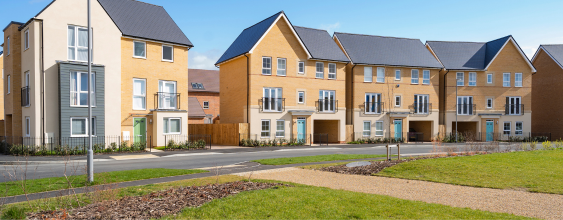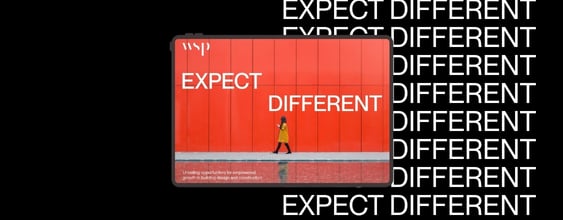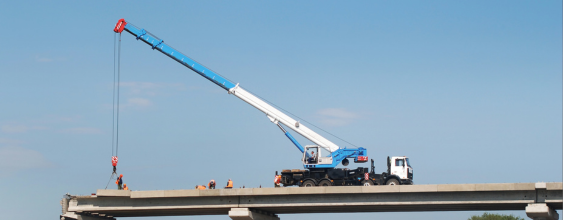The way we approach construction is changing. For too long, we have looked at project delivery from a cost versus time perspective. But when we invest money in infrastructure and buildings, we should seek wider benefits, such as social value, decarbonisation, and return on investment. Society is also seeking a more agile approach to the built environment, particularly addressing the challenges surrounding climate change. As engineers, planners and advisors we have a responsibility to take action.
The Value Toolkit
So how can we embed this value-based decision-making into our buildings, infrastructure, and transport? I was seconded to the Association for Consultancy and Engineering (ACE) to work on the Construction Innovation Hub’s Value Toolkit, a government-backed initiative designed to change how the construction industry thinks about and measures value. As Programme Lead, I worked with senior and executive stakeholders to gather and align steps clients can take to identify and select their optimal delivery model based on the outcomes they seek to achieve and ensuring these decisions deliver value. The Value Toolkit was recently published by the Construction Innovation Hub.
How it works
The Value Toolkit puts the policy contained in the Construction Playbook into action. We work with clients to embed value-based decision-making into projects, programmes, and portfolios, offering guidance and several tools to create a fingerprint of what value means to them. We also help them to select their optimal delivery model and develop their commercial strategy with detailed planning, incorporating lessons learned from major infrastructure projects. If a client can show the supply chain they are open to prioritising value, they will open themselves up to innovation from the market, such as Modern Methods of Construction. The Value Toolkit also engages individuals on the team to show how their decisions can impact the project's overall outcome.
We are currently running a pilot scheme on a new mass transit programme, which will be designed to provide fast, frequent and reliable services. We are working with the multiple combined and unitary local authorities and key stakeholders to develop a consistent and robust set of outcomes representing all interests and desires. This includes leading people away from cars, improving congestion, air quality, and reducing carbon emissions.
Time for change
One of the biggest challenges to adopting value-based decision making is resistance to change. But early engagement of this framework will only benefit the work we do. The Value Toolkit is the most defined piece of research on an outcome-based approach to date. We need to start preparing as an industry to equip clients with the tools they need to bring value to the forefront of decision-making.




.jpg)









